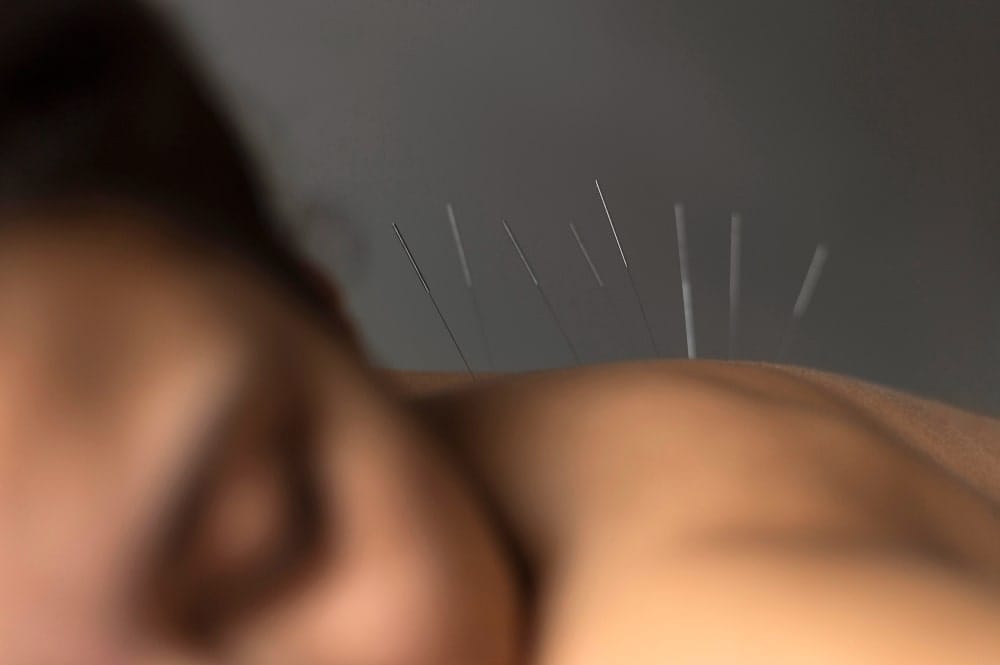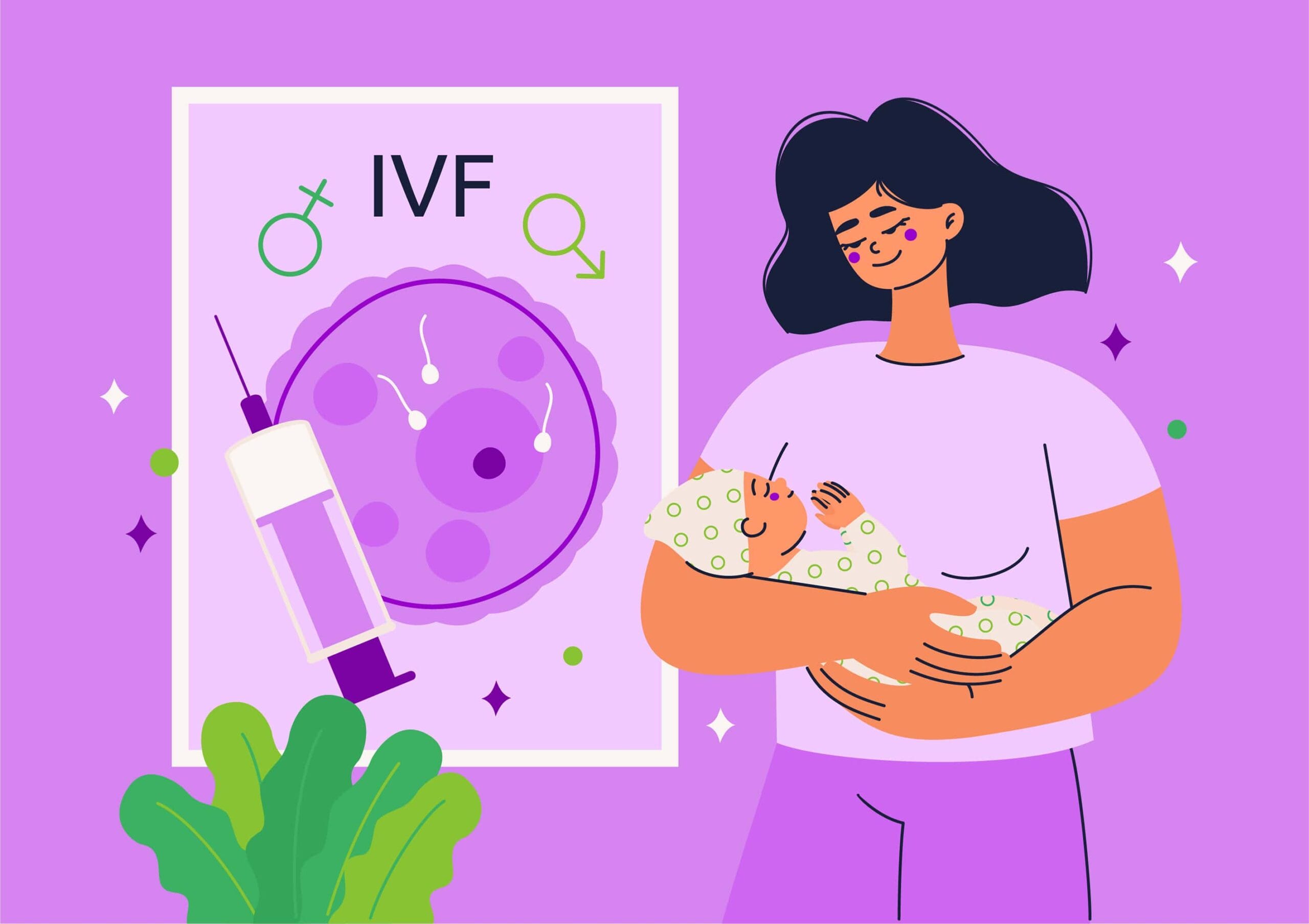In today’s fast-paced world, sleep issues are increasingly common. Millions struggle with insomnia, restless nights, or interrupted sleep cycles. While many turn to medications or therapy, these solutions may not work for everyone or might come with side effects. If you’re searching for a holistic, drug-free way to improve your sleep, acupuncture might be the answer. The practice of targeting specific acupuncture points for sleep has been proven to help relax the body, calm the mind, and restore healthy sleep patterns. In this blog, we’ll explore how acupuncture addresses sleep concerns and which points are most effective.
Understanding Sleep Issues and the Role of Acupuncture
The Growing Sleep Epidemic
Sleep disorders like insomnia and sleep apnea affect a significant portion of the population, leaving individuals exhausted, stressed, and less productive. Common culprits include:
- Stress and anxiety.
- Poor lifestyle choices.
- Chronic illnesses or hormonal imbalances.
While sleeping pills may offer a temporary fix, they often mask the symptoms instead of addressing the root cause. Many people are now turning to acupuncture as a natural, safe, and effective alternative.
How Acupuncture Promotes Sleep
Acupuncture, a centuries-old Chinese medical practice, involves stimulating specific points on the body to regulate energy flow or “Qi.” When targeted correctly, acupuncture points can:
- Release calming neurotransmitters like serotonin.
- Lower cortisol levels, reducing stress and anxiety.
- Improve circulation, allowing the body to relax.
- Rebalance energy disruptions that may cause poor sleep.
Acupuncture Points for Sleep: What You Need to Know
1. Shen Men (HT7) – Spirit Gate
Located on the wrist crease, below the pinky finger, this point is known to calm the mind and alleviate anxiety, making it particularly effective for individuals experiencing sleep disturbances due to stress.
- How it works: HT7 harmonizes heart and mind functions, promoting relaxation and deeper sleep.
- Additional benefits: Improves emotional balance and reduces palpitations.
2. An Mian – Peaceful Sleep
An Mian, a commonly used point for insomnia, is located just behind the earlobe. It’s specifically targeted to treat all kinds of sleep issues, from difficulty falling asleep to staying asleep.
- How it works: This point calms the central nervous system, promoting tranquility and restful sleep.
- Additional benefits: Helps alleviate headaches and vertigo that may interfere with sleep.
3. Yin Tang – Third Eye Point
Located between the eyebrows, Yin Tang is excellent for relieving tension and calming overthinking, which is a common cause of insomnia.
- How it works: Stimulates the pituitary gland, reducing stress and encouraging a sense of relaxation.
- Additional benefits: Reduces migraines, sinus issues, and mental fatigue.
4. San Yin Jiao (SP6) – Three Yin Intersection
Found on the inner side of the lower leg, just above the ankle, this point connects three important meridians: the spleen, liver, and kidney. It’s widely used for hormonal imbalances and stress-related sleep issues.
- How it works: Improves energy flow to regulate circadian rhythms and hormonal activity.
- Additional benefits: Addresses menstrual issues and digestive concerns.
5. Kidney 1 (KD1) – Bubbling Spring
KD1 is the lowest acupuncture point on the body, located on the sole of the foot. It is grounding and is particularly beneficial for individuals whose sleep is disturbed due to anxiety or overactivity of the mind.
- How it works: Anchors restless energy and promotes relaxation.
- Additional benefits: Enhances overall vitality and reduces panic.
Is Acupuncture Right for You?
Choosing acupuncture as a solution for sleep issues involves considering several factors:

Benefits of Acupuncture for Sleep
- Non-invasive: There are no medications or chemicals involved.
- Customizable: Treatments are tailored to your specific concerns, whether stress, hormones, or physical ailments are to blame.
- Minimal side effects: Unlike sleeping pills, acupuncture rarely causes unwanted effects.
Things to Keep in Mind
- Commitment: Achieving results often requires multiple sessions.
- Professional guidance: Ensure your practitioner is certified and experienced in addressing sleep issues.
- Lifestyle changes: Combining acupuncture with healthy sleep habits maximizes results.
If you’re unsure, start with a consultation where your practitioner can assess your sleep patterns, underlying conditions, and treatment goals.
Other Strategies to Enhance the Benefits of Acupuncture
While targeting acupuncture points can dramatically improve rest, complementing treatments with additional practices can accelerate your progress:
- Mindfulness meditation: Pairing this with Yin Tang point stimulation boosts relaxation.
- Aromatherapy: Essential oils like lavender and chamomile support restful sleep.
- Sleep hygiene: Maintain a consistent bedtime and avoid screens an hour before sleeping.
Concluding Remarks
Acupuncture has stood the test of time as an effective, natural remedy for a host of ailments, including sleep disorders. By targeting key acupuncture points for sleep like Shen Men, An Mian, and San Yin Jiao, it works to restore the body’s natural ability to achieve restful and rejuvenating sleep.
If you’re ready to say goodbye to restless nights and groggy mornings, acupuncture might just be the solution for you. Remember, consulting a licensed acupuncturist is essential to receiving safe and effective treatment tailored to your needs. With acupuncture, better rest and rejuvenation are only a session away!







